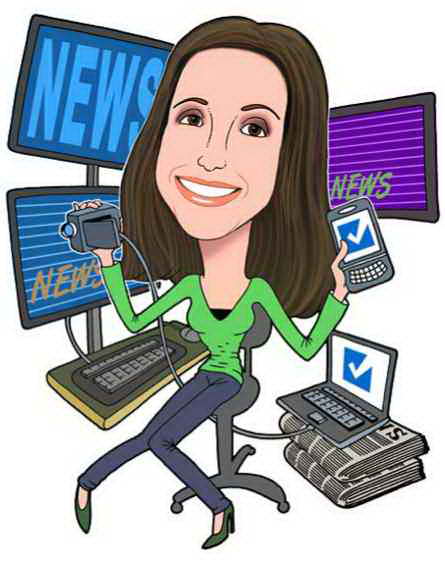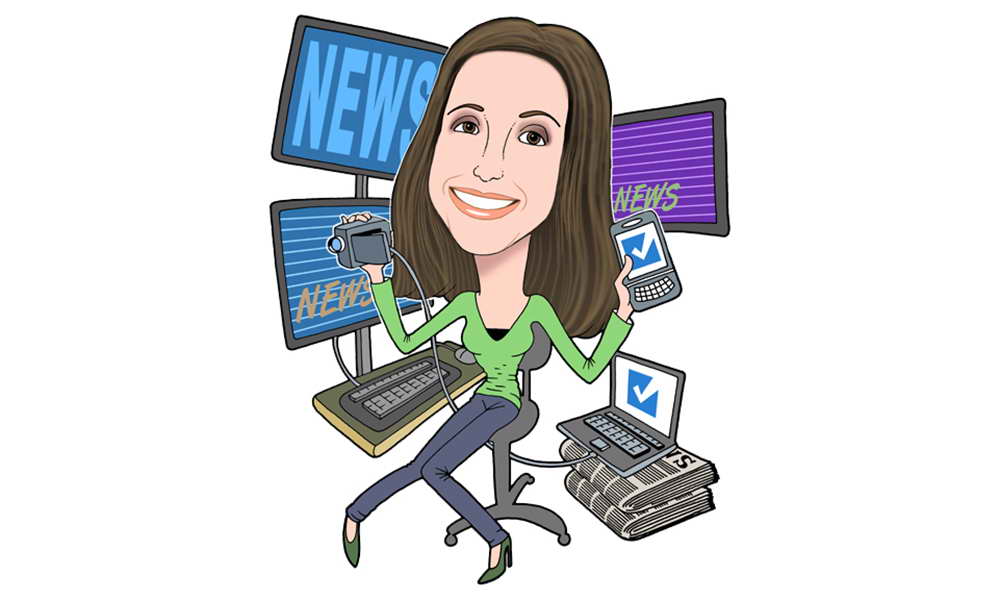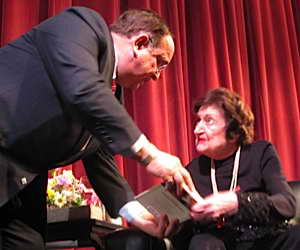Is the media fair? The question is certainly not a new one. And with advances in technology, it’s a query that, rightfully, receives renewed attention.
 For the record, nearly half of Americans in the latest national Marist Poll — 49% — think the press is generally fair when it comes to its coverage of President Obama. 38% think today’s journalists are unfair. And, while 49% of residents throughout the nation think the press’ questions toward the president are just tough enough, 37% report they aren’t getting to the heart of the issues.
For the record, nearly half of Americans in the latest national Marist Poll — 49% — think the press is generally fair when it comes to its coverage of President Obama. 38% think today’s journalists are unfair. And, while 49% of residents throughout the nation think the press’ questions toward the president are just tough enough, 37% report they aren’t getting to the heart of the issues.
To those who are cynical of the media, I applaud you. It is our right and our duty as citizens to question our elected officials. Unfortunately, though, most of us don’t have and will never have press passes that allow us access to directly challenge our elected officials. So, we must rely on our surrogates in the press.
Now, many of you might be thinking, “Not any more. We don’t need the traditional press to uncover the truth. We can research the facts on the Internet, and spread the truth in our blogs.” As a blogger, I am not one to throw stones. But, I have to admit. A hole exists in that logic. Journalistic standards are often left out of the equation.
One woman who is innately aware of the media’s power and responsibility is also one who could never be accused of avoiding the tough questions, the First Lady of the White House Press Corps, Helen Thomas. Recently, Ms. Thomas honored the Marist community with a visit to our Poughkeepsie campus and shared her experiences, sagacity, and quick wit with students, faculty, and members of the local community. And, of course, the fearless Thomas was not shy about tackling the issue of new media.
While Ms. Thomas does believe that those living in a democratic society should be involved in reporting the news, their attempts should not come at the expense of accuracy. “Everyone with a laptop thinks they are a journalist. Everyone with a cell phone thinks they are a photographer,” stated Ms. Thomas. “They don’t have any of our standards, none of our ethics. They don’t understand that we only hold people accountable when we feel we have the privilege to find out the truth.”
Those last two sentences really say it all. The pursuit of truth should not occur, because someone has a political ax to grind or an agenda to feed. If either of those is the rationale for digging up dirt, it’s not the pursuit of truth. It’s the pursuit to uncover something which will promote one’s self-interest.
Think about it. Anyone can write a blog for the entire world to see. Are all of those writers unbiased? Are their stories accurate? Do they misrepresent the subject matter? In fact, how can the average reader know if what they’re reading is credible? The short answer is they don’t. In traditional journalism, editors make sure their writers adhere to standards that present the facts. With the emergence of new media, that filter is removed. Citizen journalists are not held accountable for their publications.
Not all citizen journalists have an agenda, and not all blogs are biased. In fact, there are many reputable online publications. But, in order to weed out the fact from the fiction, the every day Joe and Jane need to play an active role. Each of us needs to research and uncover whether we can trust a particular author.
News flash! Not everything on the Internet is true. It’s a lesson we teach our students at Marist every day. Just as we need to be critical of our traditional media and ensure they are holding our elected officials accountable, we, too, need to question those in the new media and hold them to a similar ethical standard.


